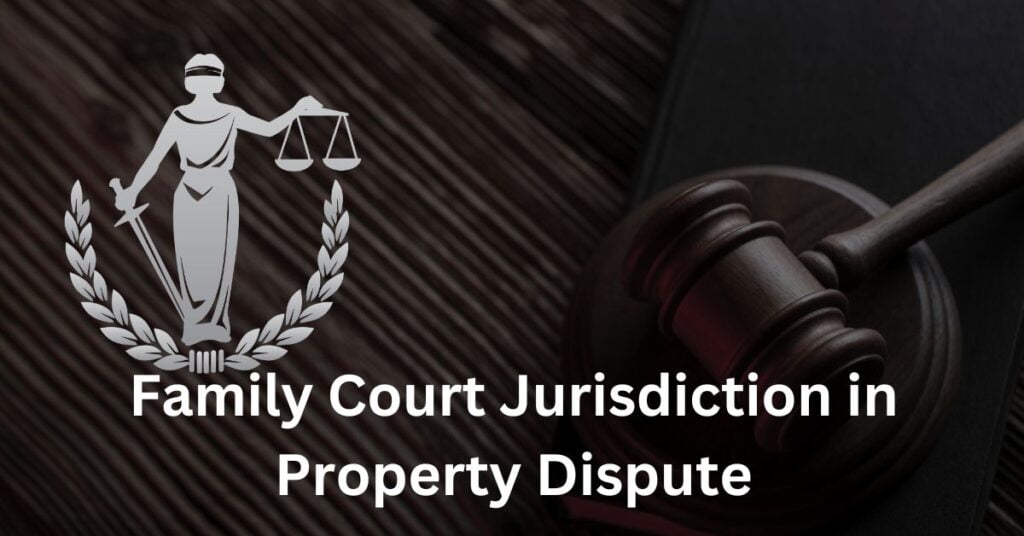Should you go to marriage counselling before divorce?
Yes, it is highly recommended that you go to marriage counselling before divorce. The process of marriage counselling offers a secure and impartial environment for couples to openly discuss their concerns and resolve any conflicts in a positive and productive manner.
Table of Contents
ToggleMarriage counselling
is an effective way to address communication issues and misunderstandings
between couples. Often, there are no significant problems, but a lack of
communication can lead to misunderstandings. A counselor can help the couple to
develop better communication skills and facilitate a safe and constructive
environment for them to work through their issues. Counselling can also help
couples to identify any underlying problems that may be causing tension in
their relationship and develop strategies to overcome them.
However, if you believe that the problems in your marriage are beyond repair, then seeking marriage counseling may not be a practical solution. For instance, if your spouse deceived you into marriage, a marriage counselor may not be able to help. In such a scenario, it would be more appropriate to consider legal options and seek the advice of a lawyer.
Can a Judge order a couple to go to Marriage Counseling before granting a divorce?
Yes, a Family Judge has the authority to order a couple to attend marriage counselling before proceeding with the divorce, if the judge believes that the marriage can still be saved. This is often done to ensure that all efforts are made to reconcile the differences between the parties and avoid a divorce, if possible.

If the counselling is successful and the couple is able to reconcile their differences, they may file a joint application to withdraw their divorce petition. However, if the counselling does not lead to a resolution, the court may proceed with the divorce proceedings based on the original grounds for filing the petition.
How long to try marriage counselling before divorce?
The duration of marriage counseling before considering divorce can vary depending on the specific situation and the progress made during counseling. In general, it is recommended that couples attend at least several sessions of marriage counseling before making a decision about divorce.

Some couples may see improvements in their relationship after just a few sessions, while others may require several months of counseling to make significant progress. The effectiveness of marriage counseling depends on a number of factors, including the level of commitment from both partners, the nature of the issues they are facing, and the skill and experience of the therapist.
It’s important for couples to be patient and committed to the process of marriage counseling, and to work together with their therapist to develop a plan for addressing their issues. If after several sessions of marriage counseling, the couple is still unable to resolve their issues or make progress, they may need to consider other options, including separation or divorce.
Ultimately, the decision of how long to try marriage counseling before considering divorce is a personal one, and should be made based on the unique circumstances and needs of the couple.
Is marriage counselling must for a divorce?
If a court orders marriage counselling, it becomes mandatory for both the husband and wife to attend the sessions. However, for the counselling process to be effective, both parties need to be willing to participate and work towards resolving their issues. In cases where either or both parties are uncooperative or unwilling, the counselling process may not yield any positive results, and it may become a mere formality as per the judge’s order.

Marriage counselling can be a helpful tool in resolving marital issues, but it requires a willingness and commitment from both parties to actively participate in the process. The court may order counselling in an attempt to reconcile the marriage and prevent divorce, but it ultimately depends on the couple’s cooperation and effort to make it work.
Can I go for marriage counselling when my spouse is not interested to go?
Yes, it is possible to attend marriage counseling alone and discuss the issues you are facing in your relationship. While it is ideal for both partners to participate in the counseling process, attending alone can still be beneficial. It may provide you with insights on how to communicate and behave with your spouse, which could help improve your relationship.

It’s important to remember that counseling is not a quick fix solution, and it may take time to see improvements in your relationship. It’s also important to keep an open mind and be willing to work on yourself and your own behaviors, even if your spouse is not willing to attend counseling.
If your spouse is not interested in attending counseling, try talking to them and expressing how important it is to you. It’s possible that they may change their mind and decide to join you in the counseling process. However, if they are still not willing to attend, it’s important to respect their decision and continue to focus on making positive changes in your own behavior and communication.
Can I go for marriage counselling when my spouse has filed for divorce? Can marriage Counselling stop divorce?
Yes, you can go for marriage counselling when your spouse has filed for divorce. In fact, it’s possible that the court where your spouse has filed the case may refer both of you to counselling.
The primary objective of this counselling would be to address the issues that your spouse is facing due to which he/she filed for divorce. However, the counselling can also help in improving communication between the two of you and finding common ground. It may also provide an opportunity for both of you to express your feelings and work towards a better understanding of each other.

It’s important to keep in mind that attending counselling does not necessarily mean that the divorce will be stopped or that you will reconcile with your spouse. But it can be a helpful step in coping with the situation and potentially improving the relationship, whether it’s to work towards a reconciliation or to have a more amicable separation.
Do marriage counsellors recommend separation?
Yes, marriage counselors may suggest separation as an option, but it is important to understand that this recommendation would only be made after a thorough assessment of the situation and considering all the factors involved. The primary objective of marriage counseling is to help couples resolve their differences and improve their relationship. However, in some cases, separation may be seen as a necessary step towards achieving that goal.

It’s important to keep in mind that attending counselling does not necessarily mean that the divorce will be stopped or that you will reconcile with your spouse. But it can be a helpful step in coping with the situation and potentially improving the relationship, whether it’s to work towards a reconciliation or to have a more amicable separation.
Can marriage Counselling save a marriage? What is the success rate of marriage Counselling?
Marriage counseling can help save a marriage by providing couples with tools and strategies to improve communication, resolve conflicts, and strengthen their relationship. Success rates of marriage counseling vary depending on a number of factors, including the willingness of both partners to participate in the counseling process, the severity of the issues being addressed, and the skill and experience of the counselor.

It is important to note that success in counseling does not necessarily mean that a couple will stay together, but rather that they are able to move forward in a positive way, whether that means repairing their relationship or parting ways amicably.
Some studies suggest that marriage counseling can be effective in improving relationship satisfaction and reducing the likelihood of divorce, with success rates ranging from 30 to 70 percent depending on the study and the population being studied. However, it is important to approach marriage counseling as a process, rather than a quick fix, and to be committed to making changes and putting in the work to improve the relationship.



